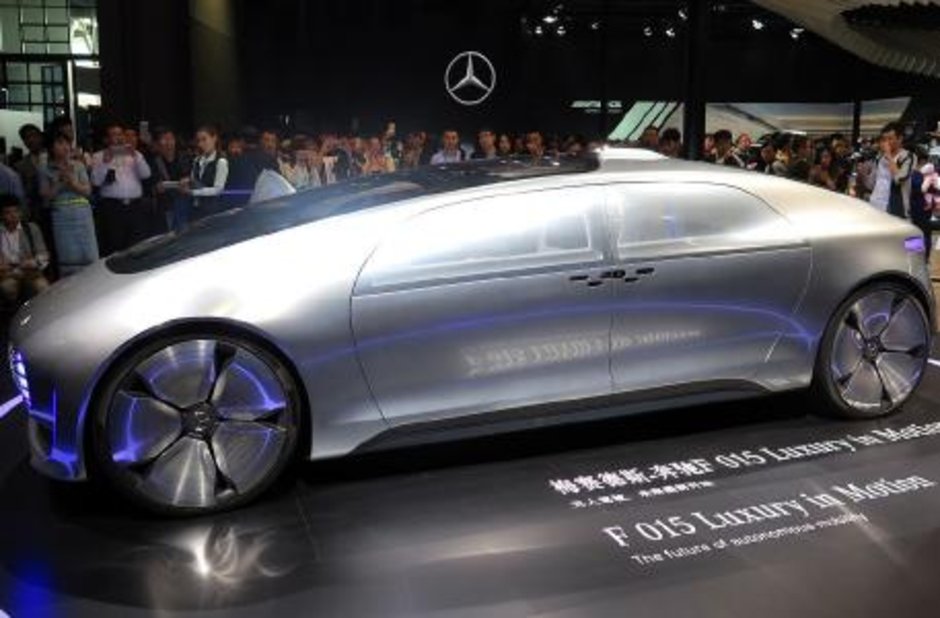"Self-driving, autonomous cars will not destroy the German automotive industry, but drive them to new heights." With these words, Michael Zondler, CEO of the Stuttgart consultancy CENTOMO, contradicts the philosopher and publicist Richard David Precht, who, in an interview with the "Deutschlandfunk", claimed that the German automotive industry would be destroyed by increasing automation and digitization.
"The American writer Mark Twain said, "It is important to avoid predictions, especially those about the future." Therefore, I am very skeptical of Precht‘s prediction that a loss of two million jobs, including the automotive supplier industry, is looming. This loss is connected with the end of the fetishized individual traffic, as Precht expresses. Technical progress always means that certain jobs are eliminated. Instead, new ones are created elsewhere. In this respect, I consider it extremely daring to make such concrete statements on the future of the German automotive industry, "says Zondler.
Digitization will become the job engine of the automotive industry
At the moment, CENTOMO, whose customers include many automotive suppliers, have experienced the opposite of what Precht predicts. "At the moment the digitalization of the car industry is a real job engine and not a job shredder. This can be clearly seen in the figures in our consulting business," says the CENTOMO CEO. Automobile expert Helmut Becker sees the auto industry on the cusp of a new growth cycle. Full employment for decades is guaranteed by the conversion of the combustion engines to electric drive. And markets such as China, India, Russia and Brazil would "grow" in any case," the N-TV columnist said.
"In one point, Precht is right: our working world will radically change. Every second girl born today has a good chance of becoming 100 years old. It is logical that those who do not have to perform hard bone work will soon be working to 70 or 80. And thanks to digitalization, simple activities will be completely eliminated. Here we have to consider whether a kind of base income is no better and more worthy than the whole social apparatus which we are still doing. We must deal with these questions now. However, I contradict Precht when he says that the automation will initially have mainly negative effects. We can make the change consciously. And we should also make it clear from time to time that in our country we have a prosperity, a prosperous economy, and a health care system that generations before us could only dream of. Digitization has made our life better and simpler. I have no doubt that this will continue to be so in the future if we set the right framework," says Zondler.
Nahles against base income
Regardless of whether the policy is setting the right framework at the moment, some have doubts after Minister of Labor Andrea Nahles‘ appearance at the Digital Conference re: publica in Berlin. She rejected an unconditional basic income, inter alia, by arguing that she could not imagine herself to be dependent on anybody: not her husband, her parents, or the state. Instead, Nahles launched her idea of a start-up credit which could be used by people after the age of eighteen to start, train, or volunteer.
"I do not know if new funding programs with business plans, control, and bureaucracy are the right path. I find the idea of the unconditional basic income more convincing," says Zondler. Tech-giants such as Elon Musk and the Y Combinator boss, Sam Altman, have similar views.
Source: <link http: www.gruenderszene.de>www.gruenderszene.de
×


